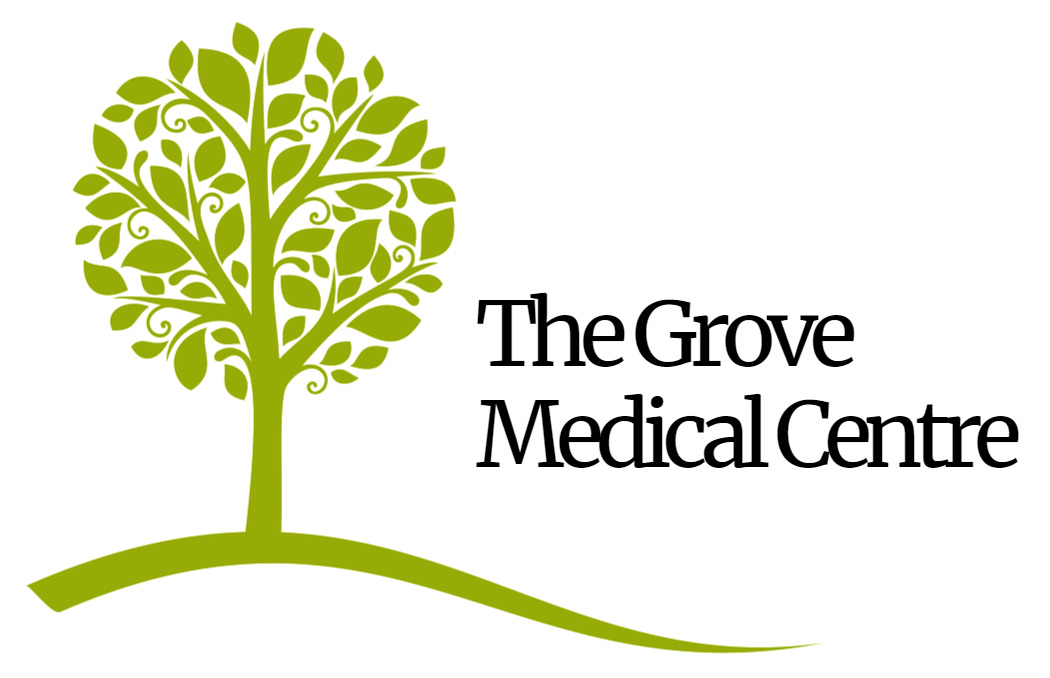Opening Times | Online Services | Contact Us |
CQC Rating Good
What is Vitamin B12?
Vitamin B12 is an essential nutrient that helps keep the body’s nerve and blood cells healthy.
What are the signs of B12 deficiency?
Symptoms that might suggest vitamin B12 deficiency include pins and needles, numbness and new, significant problems with memory or concentration. If a patient develops these, they should contact the surgery, so we can check B12 levels.
Why might someone have low B12 levels?
There are two main reasons why a person may be low in vitamin B12:
1. They may not be absorbing B12 effectively (Malabsorption or pernicious anaemia).
2. Their diet does not supply enough B12 (Dietary deficiency).
Malabsorption
Patients who have a digestive condition (e.g. Crohn’s, Ulcerative colitis) or have had certain abdominal surgeries (e.g. bariatric surgery, gastrectomy), can have reduced ability to absorb B12 from food or oral supplements. These patients need long term B12 injections.
Pernicious Anaemia
Pernicious anaemia is a condition in which patients have antibodies against intrinsic factor, which is needed to absorb B12. Thus they don’t properly absorb B12 from food or oral supplements and need long term B12 injections.
Dietary Deficiency
For patients who do not have a condition that causes malabsorption of B12, previous low B12 levels are likely to have been dietary related. In cases of dietary deficiency, once the vitamin B12 levels have been corrected with a short course of injections, treatment can be stopped. It is then important to maintain a good b12 supply through diet or oral supplements.
Treatment for dietary B12 Deficiency
Patient who are deemed to have B12 deficiency NOT due to a malabsorption cause will be asked to buy oral B12 supplements from the pharmacy or a reliable source on the internet. You will have a B12 blood test in 6 months after starting the course of oral B12 to recheck your levels.
If your B12 levels are back within a normal range after being on the oral B12 for 6 months and If you are feeling much better, then please stop the oral B12 after six months and focus on eating B12 rich foods (see below).
If any of the following apply to you, you may be best to take oral B12 long term:
- If you continue to feel very tired or have multiple symptoms of low B12.
- If you are vegetarian or vegan.
- If you have over the years dropped your B12 levels on multiple occasions.
- If you are on medication that can affect the absorption of B12 (like stomach acid lowering drugs such as Omeprazole, ranitidine) or other drugs like Metformin.
Which foods are rich in vitamin B12?
It is only naturally found in animal products including meat, eggs, fish, milk and dairy products. Plants do not make B12 and so will not provide this vitamin. Foods richest in B12 include:
- Liver and organ meats
- Shellfish
- Clams
- Oysters
If you are sea-food averse, B12 can also be found in:
- Lamb
- Beef
- Eggs
- Cheese
How much oral B12 to supplement?
The British Society of Haematologists (BSH) suggest a dose of 50 -150micrograms (µg) of vitamin B12 (cyanocobalamin) once daily. This should be taken between meals on an empty stomach. Supplements are available from pharmacies, health food shops, supermarkets and online.
These tablets can be purchased cheaply online or from most supermarkets, pharmacies or health-food shops. The cost of these is between £4 and £8 for 100 tablets which should last you over 3 months. This is cheaper than the £9.90 NHS prescription charge.
Published: Jan 29, 2025
We use cookies to help provide you with the best possible online experience.
By using this site, you agree that we may store and access cookies on your device. Cookie policy.
Cookie settings.
Functional Cookies
Functional Cookies are enabled by default at all times so that we can save your preferences for cookie settings and ensure site works and delivers best experience.
3rd Party Cookies
This website uses Google Analytics to collect anonymous information such as the number of visitors to the site, and the most popular pages.
Keeping this cookie enabled helps us to improve our website.
